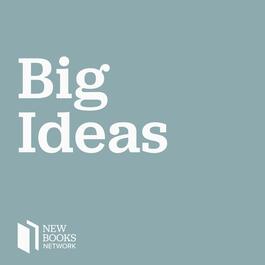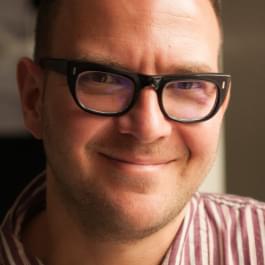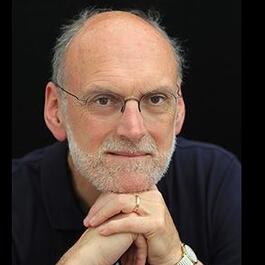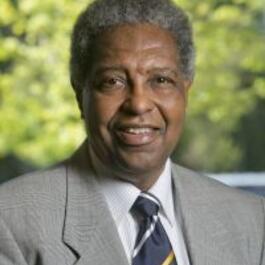
New Books in Big Ideas
Interviews with Authors of Big Ideas about their New Books Support our show by becoming a premium member! https://newbooksnetwork.supportingcast.fm/big-ideas
Show episodes

Mariam Motamedi Fraser, "Dog Politics: Species Stories and the Animal Sciences" (Manchester UP, 2024)
Do dogs belong with humans? Scientific accounts of dogs' 'species story,' in which contemporary dog-human relations are naturalised with reference to dogs' evolutionary becoming, suggest that they do. Dog Politics: Species Stories and the Animal Sciences (Manchester UP, 2024) by Dr. Mariam Motamedi Fraser dissects this

Cordelia Fine, "Testosterone Rex: Myths of Sex, Science, and Society" (Norton, 2018)
Many people believe that, at its core, biological sex is a fundamental, diverging force in human development. According to this overly familiar story, differences between the sexes are shaped by past evolutionary pressures―women are more cautious and parenting-focused, while men seek status to attract more mates. In ea

David G. Hunter et al., "Brill Encyclopedia of Early Christianity: Authors, Texts, and Ideas" (Brill, 2024)
The Brill Encyclopedia of Early Christianity: Authors, Texts, and Ideas (Brill, 2024) focuses on the history of early Christianity, covering texts, authors, ideas, and their reception. Its content is intended to bridge the gap between the fields of New Testament studies and patristics, connecting a number of related fi

Brandon Keim, "Meet the Neighbors: Animal Minds and Life in a More-than-Human World" (Norton, 2024)
What does the science of animal intelligence mean for how we understand and live with the wild creatures around us? Honeybees deliberate democratically. Rats reflect on the past. Snakes have friends. In recent decades, our understanding of animal cognition has exploded, making it indisputably clear that the cities and

Michael Fuerstein, "Experiments in Living Together: How Democracy Drives Social Progress" (Oxford UP, 2024)
Various kind of philosophical considerations have been offered in favor of democracy. By some accounts, democracy realizes some intrinsic value, such as equality or collective autonomy. According to other views, democracy’s value is more instrumental: it tends to produce or promote certain social goods like stability,
The figure of Sigmund Freud has captivated the Western imagination like few others. One hundred and twenty-five years after the publication of Studies on Hysteria, the good doctor from Vienna continues to stir controversy in institutions, academic circles, and nuclear households across the world. Perhaps Freud’s sharp





